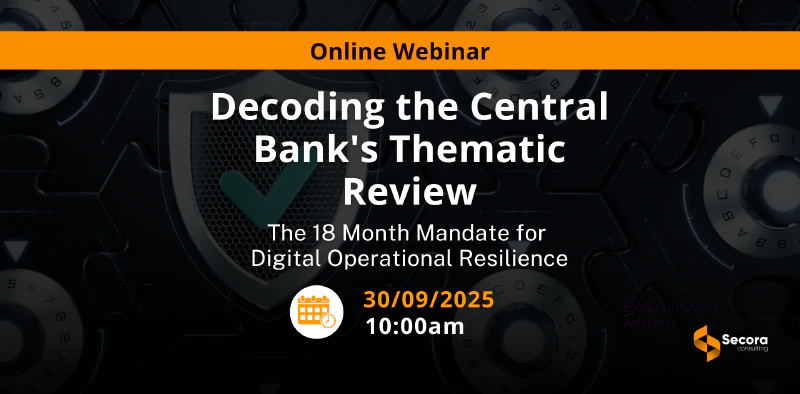Critical Vulnerability in Fortra GoAnywhere MFT
A new and critical vulnerability has been identified in Fortra's GoAnywhere Managed File Transfer (MFT) solution. This flaw, tracked as CVE 2025 10035, poses a significant threat to organisations using the software, with a maximum CVSS score of 10.0. This blog post breaks down the vulnerability, explains its potential impact and provides the crucial steps you need to take to secure your systems immediately. Understanding the GoAnywhere Managed File Transfer Vulnerability At its core, CVE 2025 10035 is a deserialisation vulnerability located in the License Servlet of GoAnywhere MFT.







